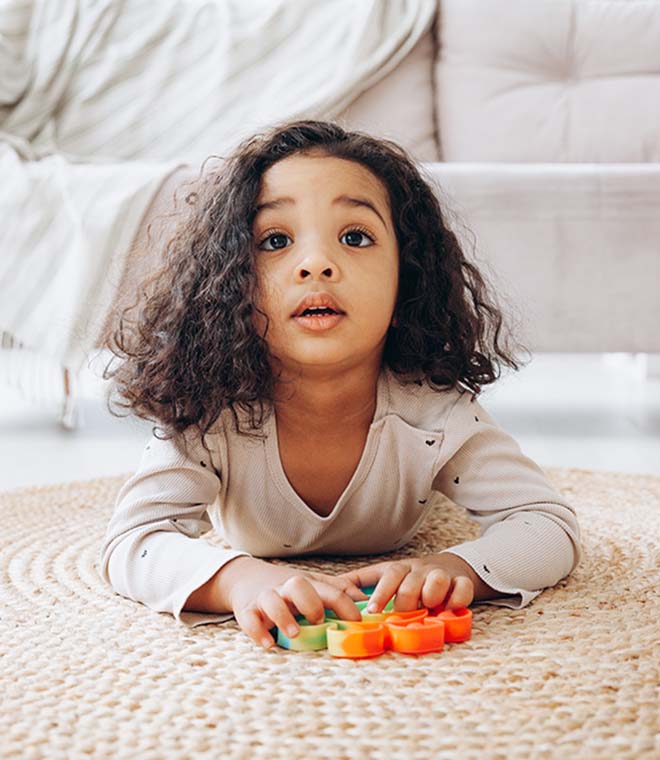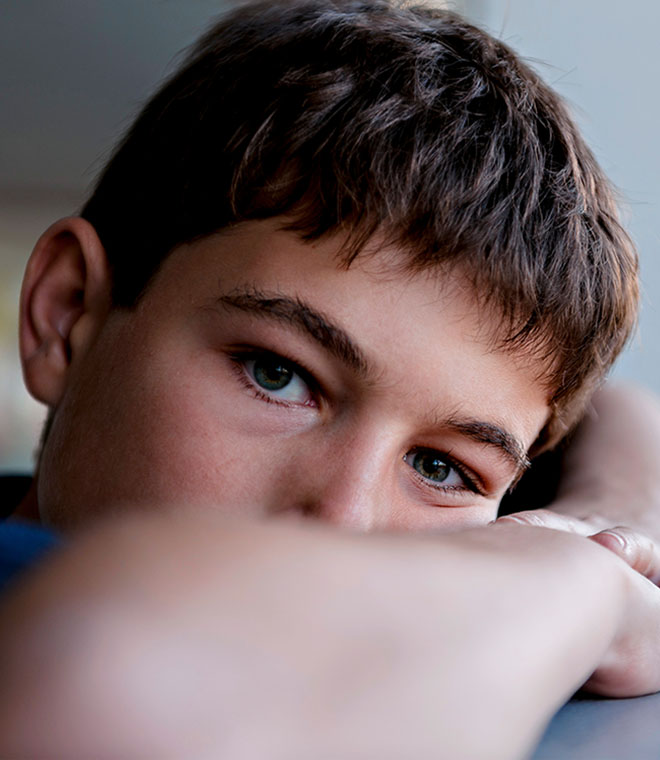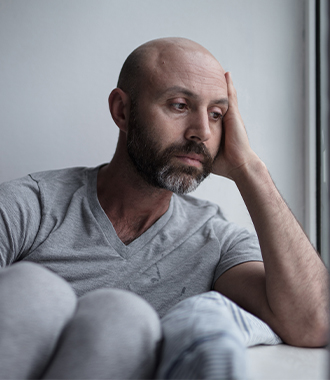Health
Anxiety in children
By Bethanne Black; Clinically reviewed by Jean Cherry, MBA, RN, BSN Nov 11, 2020 • 7 min
It’s normal for children to feel occasional anxiety during their everyday lives.
However, children who have intense feelings of anxiety that affect their daily activities might have an anxiety disorder.
Anxiety in children is very common. In fact, according to the Centers for Disease Control and Prevention (CDC), approximately 4.4 million, or 7.1%, of children ages 3 to 17 have been diagnosed with anxiety.
Children who have anxious feelings that are difficult to control or who feel intense anxiety when not warranted might need to be evaluated by a physician or mental health specialist. In some cases, symptoms of childhood anxiety start in the school-age or teenage years and continue into adulthood.
Types of anxiety in children
According to the CDC, there are several types of anxiety in children:
Separation anxiety
Some children feel extremely anxious and afraid when they are away from their parents.
Phobias
Children might experience fear that is caused by situations or objects, such as thunderstorms, insects or going to see the doctor.
Social anxiety disorder
This type of anxiety involves feeling fearful of social situations, having feelings of anxiety and self-consciousness around other people, and feeling fearful of being judged.
General anxiety disorder (GAD)
Children with general anxiety are extremely worried about the future and having bad things happen to themselves or their family.
Panic disorder
Children who have panic attacks experience sudden, intense fears that include a pounding heart, trouble breathing, or feeling dizzy or shaky.
What causes anxiety in children?
Anxiety can be caused by a number of factors, including:
- Genetics—anxiety tends to run in families. A child’s genes can affect how the brain’s chemistry works.
- Trauma—such as the loss of a sibling or parent.
- Life experiences—including the child’s environment.
What are symptoms of anxiety in children?
The symptoms of anxiety in children vary and depend on the type of anxiety the child is experiencing. A child with separation anxiety might exhibit different symptoms than a child who feels anxious in social situations.
Separation anxiety
Symptoms that kids do not outgrow, which may cause multiple missed school days, such as:
- Feeling afraid and fearful about the safety of parents and caregivers
- Not wanting to go to school
- Physical symptoms such as stomach aches or nausea
- Refusing to leave a parent's side
- Being clingy
- Having panic attacks or tantrums
- Difficulty sleeping
Phobias
Symptoms include:
- Feeling extreme fear about a specific thing or situation (dogs, getting lost, going to school)
- Having fears that cause a great deal of distress and get in the way of usual activities
Social anxiety
Symptoms include:
- Extreme fear of meeting or talking to people
- Avoiding any type of social situation, including school
- Having few or no friends
Other symptoms of anxiety in children include:
- Being worried about situations or things before they happen
- Constant worries or concerns about family, school or friends
- Obsessions (repetitive, unwanted thoughts) or compulsions (repetitive behaviors or rituals)
- Feeling afraid of making a mistake
- Having low self-esteem
How is anxiety in children treated?
The first step to help an anxious child is to make an appointment with the child’s pediatrician or primary care physician.
Some pediatricians recommend getting a mental health evaluation so that a proper diagnosis can be made. The CDC recommends consulting a mental health professional to help determine if medication would be helpful.
- A mental health professional is often a counselor or therapist. They can talk with children and help them create a plan to address their fears and symptoms. This might be a clinical social worker, licensed professional counselor or psychologist.
- A psychiatrist can prescribe medications to help treat symptoms of anxiety.
Therapy
Getting therapy for anxiety might include cognitive behavioral therapy (CBT). This type of therapy helps the child learn how to change negative thoughts into positive, effective ways of thinking, which leads to more effective behavior.
Other forms of therapy include talk therapy so the mental healthcare provider can better understand what is causing your child’s anxiety and help your child cope with anxiety on a daily basis.
It’s important that your child feel comfortable with a therapist, so ask your child’s pediatrician for referrals to a licensed counselor or therapist who works with children and/or adolescents.
Medication
Anti-anxiety and other medications can also help children manage symptoms and feel less anxious in general. Medication is also often used in addition to therapy or counseling.
Taking medication might be a short-term or long-term solution, and the length of treatment depends on how severe the child’s symptoms are and if treatment is helping to reduce the child’s anxiety symptoms.
Before your child is prescribed medication, it is important to let the doctor know about other prescriptions or over-the-counter medications being taken. This helps avoid a potentially serious drug interaction.
Medications might include anti-anxiety drugs or SSRI (selective serotonin reuptake inhibitors). SSRI medications are often prescribed to treat childhood and adult anxiety disorders, but other non-SSRI medications might be prescribed.
Learn more
If your child is anxious or you suspect your child has an anxiety disorder, it’s important to know that anxiety in children is treatable. Your child can get help from counseling, group therapy, support groups and medication.
- Talk to your child’s physician. Your child’s healthcare provider can assess your child’s symptoms and provide an appropriate referral.
- Find help. A list of anxiety disorder specialists is available on the Anxiety Disorders Association of America (ADAA) website. Click on “Find a Therapist" and work with your child’s doctor to find an appropriate mental health psychiatrist.
- Keep the lines of communication open. Encourage your child to talk about how they feel, which builds trust and tells your child they have your full support.
Published November 2020.


